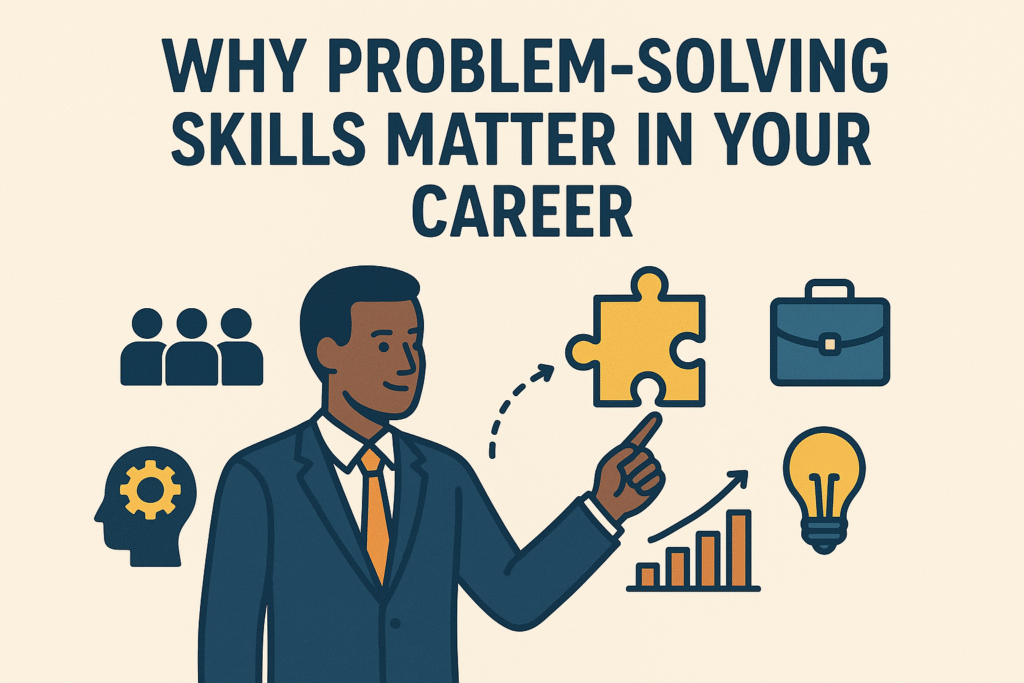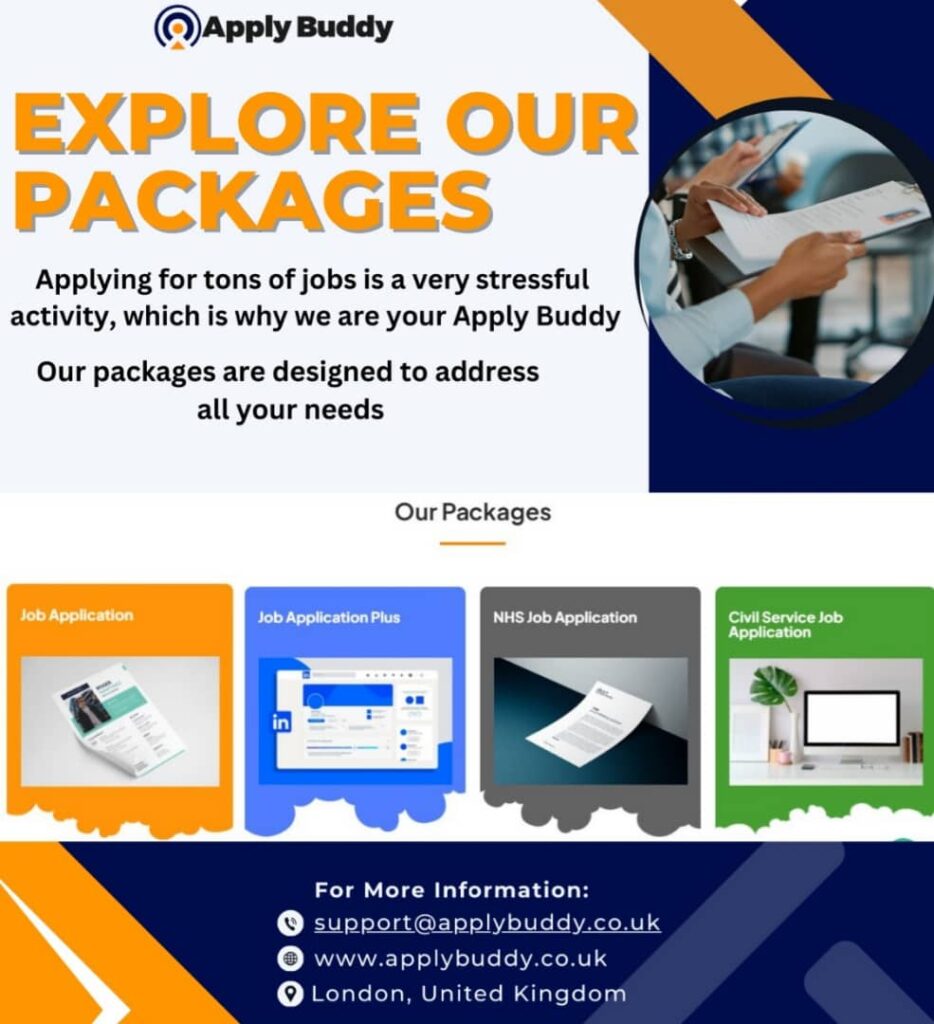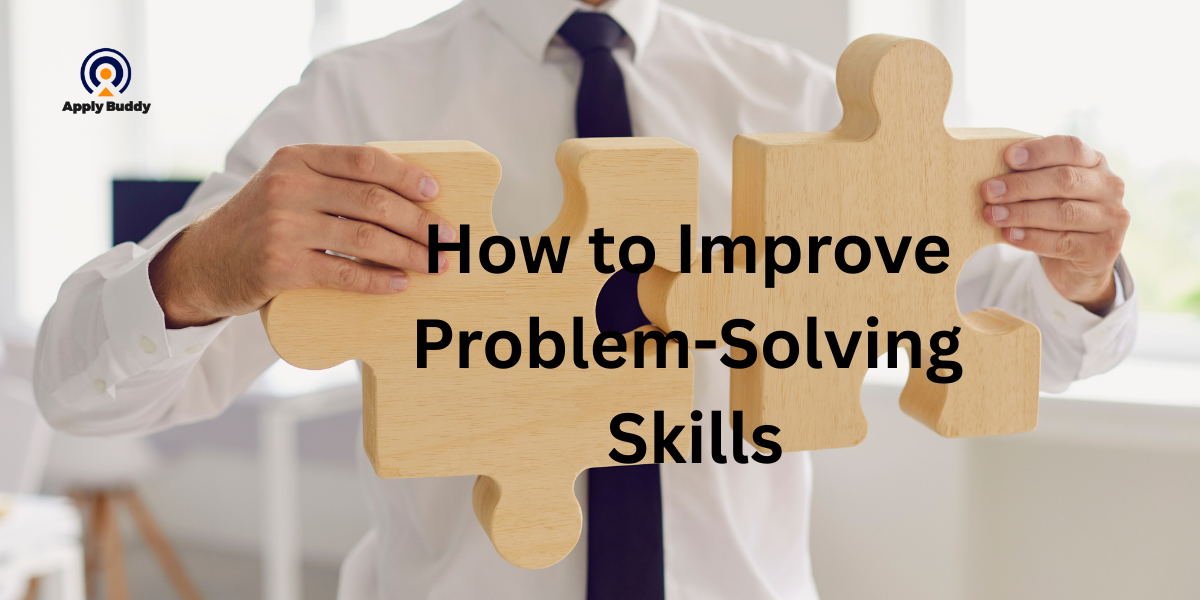Mastering how to improve problem-solving skills is a transformative journey for professionals seeking career growth and personal success. This critical ability empowers individuals to tackle challenges confidently, make informed decisions, and innovate in dynamic workplaces.
Studies indicate that 60% of employers look specifically for problem-solving skills on resumes, making it a key factor in their selection process
Anyone can elevate their problem-solving prowess by honing analytical thinking, embracing creative strategies, and leveraging resources.
This article provides actionable insights for mid-career professionals, career changers, and job seekers, offering practical techniques and tools to navigate complex issues effectively.
From understanding the importance of critical thinking to avoiding common pitfalls, the guidance here ensures readers can develop career development skills, turning obstacles into opportunities for advancement and achievement.
This article offers practical advice, from improving critical thinking to leveraging resources, ensuring professionals can excel in any industry.
Why Problem-Solving Skills Matter in Your Career

One thing: mastering problem-solving skills is crucial for career success. These abilities drive decision-making, leadership, and adaptability, making professionals stand out in competitive industries.
For example, strong problem solvers thrive in tech, healthcare, and finance, where challenges abound. Individuals unlock promotions and opportunities by improving critical thinking and career development skills.
The following sections explore how problem-solving fuels growth and why it’s highly valued across dynamic workplaces.
Impact of Problem-Solving on Career Growth
Problem-solving is a cornerstone of professional success. It directly influences career growth by enhancing decision-making, leadership, and adaptability. Professionals who excel at resolving challenges can lead teams through uncertainty, make strategic choices, and adapt to shifting priorities.
For instance, a manager who masters how to improve problem-solving skills can guide their team past obstacles, earning promotions and trust.
These abilities signal competence, making individuals indispensable in competitive workplaces. Career development skills like these open doors to leadership roles and long-term success.
Decision Making, Leadership, and Adaptability in Problem Solving
Effective problem-solving strengthens decision-making by enabling professionals to weigh options logically and choose optimal solutions. Leadership also benefits, as solving issues confidently inspires teams and builds credibility.
Adaptability, another key trait, allows individuals to pivot when circumstances change, ensuring resilience in fast-paced environments.
For example, a project manager using real-life problem-solving techniques can adjust timelines during unexpected delays, maintaining project momentum. Improving critical thinking through problem-solving fosters these qualities, making professionals more versatile and promotable across roles.
Mastering how to develop problem-solving skills thus accelerates career growth significantly.
Industries Where Problem-Solving Is Highly Valued
Problem-solving is critical for technology, healthcare, business, and finance success. Tech professionals troubleshoot coding errors, while healthcare workers devise patient care plans under pressure.
Business leaders use tips for better decision-making to optimise operations, and finance experts analyse risks to protect investments. Creative problem-solving strategies are essential in these fields to address complex challenges.
For instance, a financial analyst might use real-life problem-solving techniques to resolve budget discrepancies, ensuring organisational stability. Professionals learning to improve problem-solving skills thrive in these high-stakes environments, gaining a competitive edge.
Read More::
Practical Ways to Improve Your Problem-Solving Skills
Let’s dive in: improving problem-solving skills transforms how professionals tackle challenges.
Practical techniques like mind mapping and real-world exercises sharpen analytical thinking and boost confidence. For instance, career changers can use creative problem-solving strategies to navigate new roles.
Anyone can enhance their abilities by practising tips for better decision-making. The sections below detail actionable methods, from SWOT analysis to simulations, to help individuals excel in solving complex workplace issues effectively.
Techniques to Enhance Analytical Thinking

Analytical thinking is the foundation of effective problem-solving, enabling professionals to break down issues methodically.
Techniques like mind mapping help organise thoughts visually, clarifying complex problems. SWOT analysis evaluates strengths, weaknesses, opportunities, and threats, guiding strategic decisions. Brainstorming, meanwhile, sparks innovative ideas by encouraging free thinking.
A marketing professional, for example, might use these methods to devise creative problem-solving strategies for a failing campaign. Regularly practising and developing problem-solving skills through these tools sharpens analytical abilities, making challenges more manageable.
Using Mind Mapping, SWOT Analysis, and Brainstorming
Mind mapping involves creating visual diagrams to connect ideas, helping professionals untangle multifaceted problems. SWOT analysis provides a structured framework to assess internal and external factors, offering better decision-making tips.
Brainstorming sessions generate diverse solutions, whether solo or with teams, fostering creative problem-solving strategies. For instance, a career changer might use mind mapping to identify transferable skills, boosting career development skills.
When practised consistently, these techniques enhance analytical thinking. Professionals can start by applying them to minor workplace issues, gradually tackling larger challenges. The result? Improved confidence and competence in problem-solving.
Real-World Exercises to Boost Problem Solving
Practical exercises like case studies, simulations, and puzzle-solving activities hone problem-solving. Case studies allow professionals to analyse real-world scenarios, applying and improving critical thinking to propose solutions.
Simulations replicate workplace challenges, offering safe spaces to test decisions. Puzzle-solving, such as logic games, sharpens mental agility.
For example, a job seeker might use simulations to practice interview scenarios, refining real-life problem-solving techniques. These exercises build confidence and adaptability.
By incorporating them into daily routines, professionals can significantly enhance their ability to address complex issues effectively and efficiently.
Common Mistakes to Avoid When Developing Problem-Solving Skills
Here’s the kicker: learning to improve problem-solving requires avoiding pitfalls hindering progress. Overcomplicating issues or ignoring creative solutions can stall career development skills.
Professionals often miss opportunities by sticking to familiar methods, limiting innovation. The best part? Recognising these mistakes fosters better decision-making.
The following sections highlight common errors, like overanalysing simple problems, and offer tips for better decision-making to ensure effective, streamlined problem-solving growth.
Overcomplicating Simple Problems
One common pitfall in problem-solving is overcomplicating straightforward issues, which wastes time and clouds judgment. Professionals may overanalyse or assume complexity where none exists, delaying solutions. Here’s the kicker: simplicity often leads to clarity.
For instance, a team leader might overthink a scheduling conflict when a quick discussion could resolve it. Learning to improve problem-solving skills involves recognising when to step back and simplify.
Focusing on essential details can streamline an individual’s approach and achieve faster, more effective outcomes.
Overcomplicating Simple Problems and Missing Opportunities
Overcomplicating problems stems from overthinking or assuming every issue requires intricate solutions. This habit can lead professionals to miss obvious fixes, hindering efficiency. For example, a project manager might create a complex workflow for a minor task, overlooking a more straightforward process.
This mistake also stifles career development skills by reducing confidence in decision-making. To avoid this, professionals should practice tips for better decision-making, such as breaking problems into smaller parts and evaluating only critical factors.
Simplifying without overanalysing ensures clarity. Regularly reflecting on past decisions helps individuals identify patterns of overcomplication, fostering a more direct approach to challenges.
Ignoring Creative Solutions
Another mistake is dismissing creative solutions and favouring conventional approaches, which limits innovation. Professionals may stick to familiar methods, missing opportunities to address issues uniquely.
The best part? Innovative problem-solving strategies can unlock breakthroughs, especially in dynamic industries.
For instance, a healthcare administrator might innovate patient scheduling by adopting a new digital tool, improving efficiency.
Ignoring creativity also stalls career growth. By embracing brainstorming and exploring unconventional ideas, professionals can enhance their ability to solve problems effectively and stand out.
Also See:
Resources to Help You Master Problem Solving
For example, accessing the right tools is key to mastering how to improve problem-solving skills. From the best books on problem-solving to problem-solving courses online, resources empower professionals to sharpen their craft. Joining communities also sparks creative problem-solving strategies.
Let’s get to it: the sections below explore top-rated books, courses, and forums that support career development skills, helping individuals like job seekers tackle challenges with confidence.
Books, Courses, and Tools for Problem Solvers
Accessing quality resources is key to mastering problem-solving. Let’s dive in: best problem-solving books, like “Thinking, Fast and Slow” by Daniel Kahneman, offer insights into decision-making processes.
Problem-solving courses online, such as Coursera’s “Creative Problem Solving,” provide structured learning. Tools like Trello or Miro support organisation and collaboration.
A mid-career professional might use these to refine their problem-solving skills. Combining books, courses, and tools creates a robust learning path for sustained skill development.
Top-Rated Books and Online Courses for Skill Building
Books like “The Art of Problem Solving” by Russell Ackoff teach structured approaches to complex issues, which are ideal for professionals seeking career development skills.
Online platforms like Udemy offer problem-solving courses covering analytical techniques and decision-making frameworks. These resources help professionals practice improving critical thinking in practical settings.
For example, a job seeker might take a course to prepare for analytical interview questions, gaining confidence. Tools like Notion also aid in organising problem-solving processes. Individuals can systematically build expertise by exploring the best problem-solving books and courses.
Consistent engagement with these resources ensures measurable improvement in tackling workplace challenges effectively.
Joining Communities to Sharpen Skills
Professional communities, such as workshops, online forums, and industry groups, offer invaluable opportunities to refine problem-solving.
Platforms like LinkedIn host groups where professionals share real-life problem-solving techniques, sparking inspiration. Workshops provide hands-on practice, while forums like Reddit’s r/careerdevelopment discuss career development skills.
For instance, a career changer might join a tech meetup to learn creative problem-solving strategies from peers.
These interactions foster collaboration and expose individuals to diverse perspectives. By actively participating, professionals can exchange ideas, receive feedback, and stay motivated, significantly enhancing their problem-solving capabilities.
Conclusion
Mastering problem-solving skills is a game-changer for mid-career professionals, career changers, and job seekers.
Individuals can enhance their decision-making and adaptability by embracing analytical techniques, avoiding common pitfalls, and leveraging resources like online courses and books on problem-solving.
At Applybuddy, we go beyond just teaching technical skills, we help you apply them where it matter most. From hands-on digital training to interview preparation sessions that focus on real-world problem-solving, our programs are designed to make you job-ready and confident.

Whether you’re navigating a career change or aiming for your next big role, consistent practice and expert support can turn your problem-solving ability into your greatest career asset unlocking new opportunities and long-term success.
FAQs: How to Improve Problem Solving Skills
What are the key steps to improving problem-solving skills?
To improve problem-solving skills, start by clearly identifying the issue. Next, relevant data will be gathered and analysed using tools like mind mapping. Brainstorm multiple solutions, then evaluate and select the best one.
Implement the solution, monitor results, and adjust as needed. Regular practice with puzzles or case studies strengthens these skills, fostering confidence and adaptability over time.
Can problem-solving skills be taught and developed over time?
Yes, problem-solving skills can be taught and developed. Through structured learning, such as online courses or workshops, individuals learn techniques like SWOT analysis.
How does critical thinking enhance problem-solving abilities?
Critical thinking enhances problem-solving by enabling logical analysis and objective evaluation. It helps individuals break down complex issues, identify root causes, and assess potential solutions.
What are some real-world examples of strong problem-solving?
Strong problem-solving shines in real-world scenarios, like a tech developer debugging complex code to restore system functionality.
A healthcare administrator might streamline patient scheduling to reduce wait times. In business, a manager could use data analysis to cut costs without sacrificing quality.

